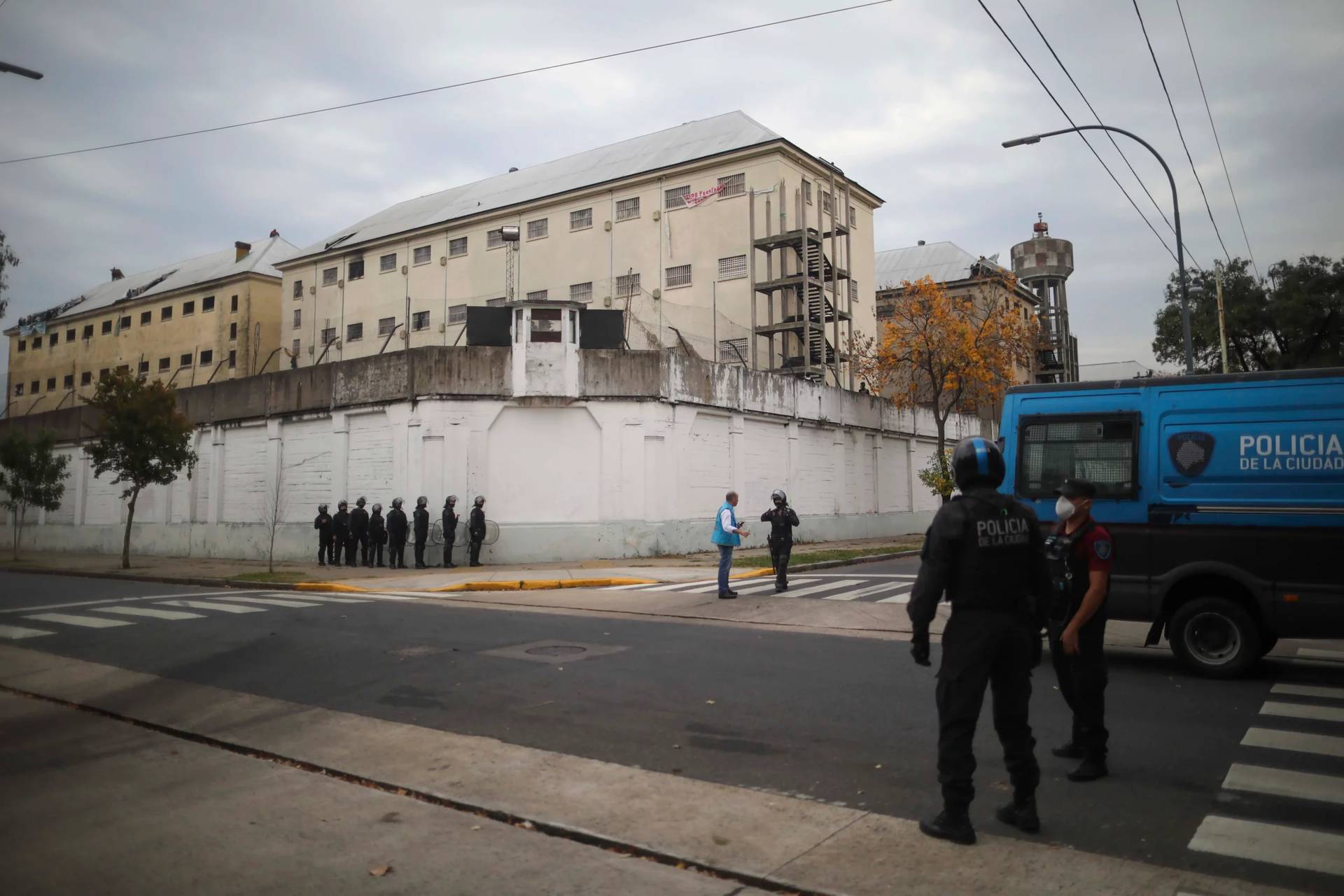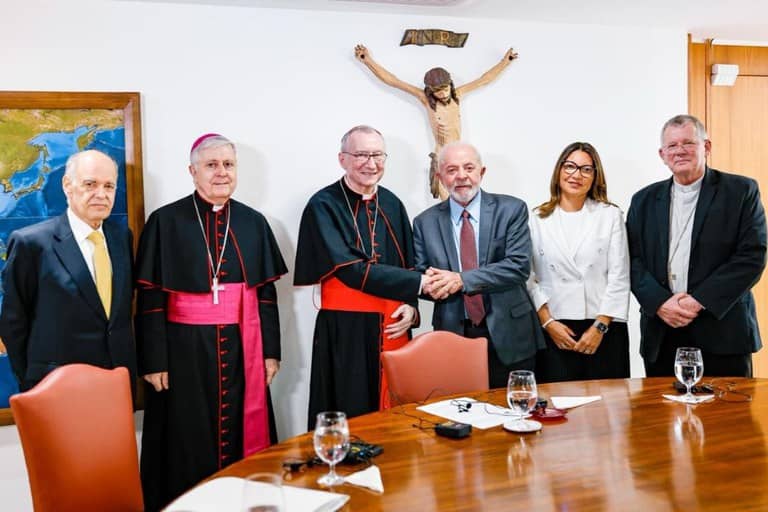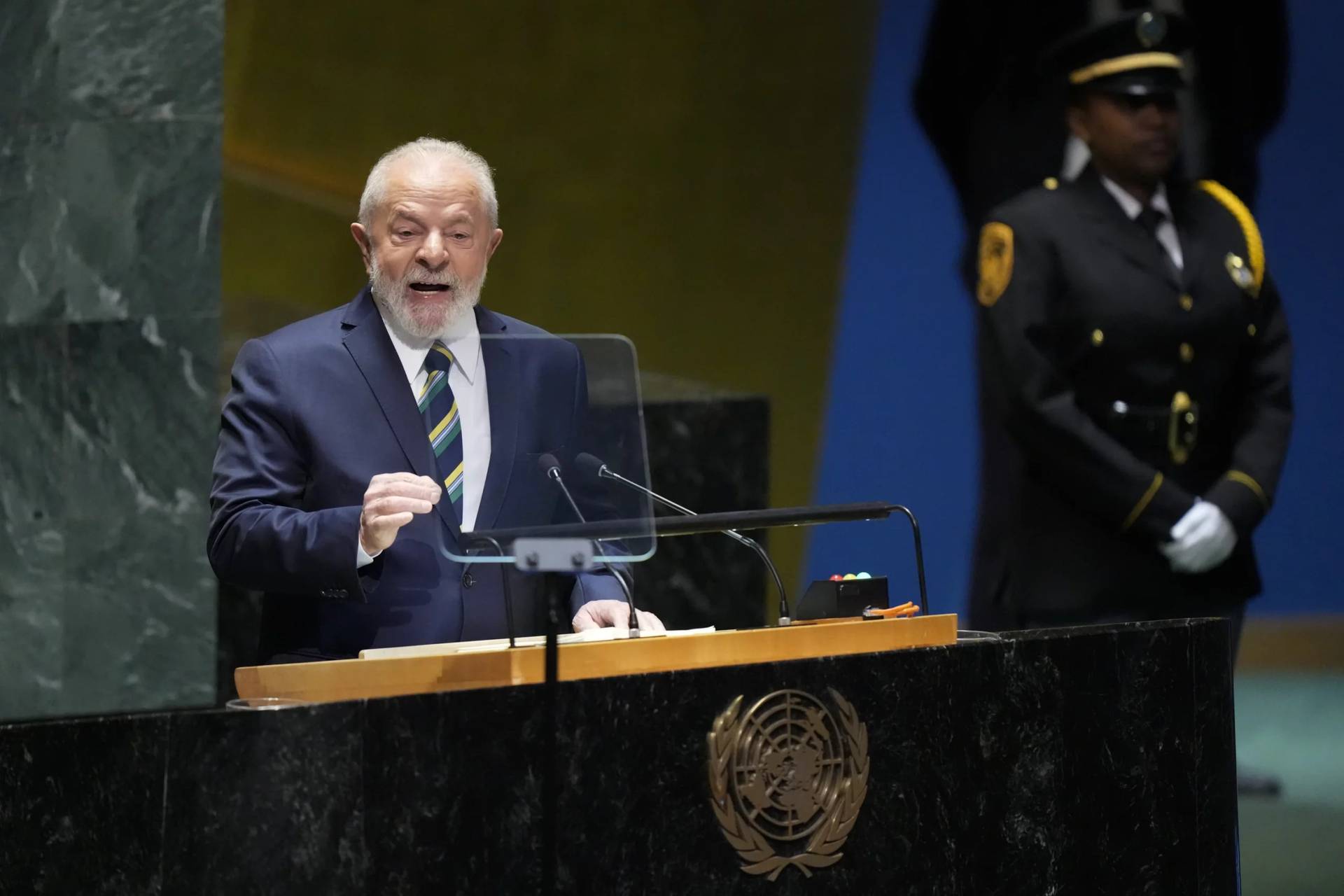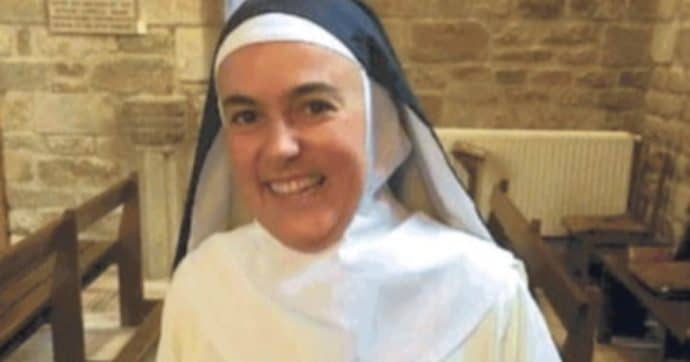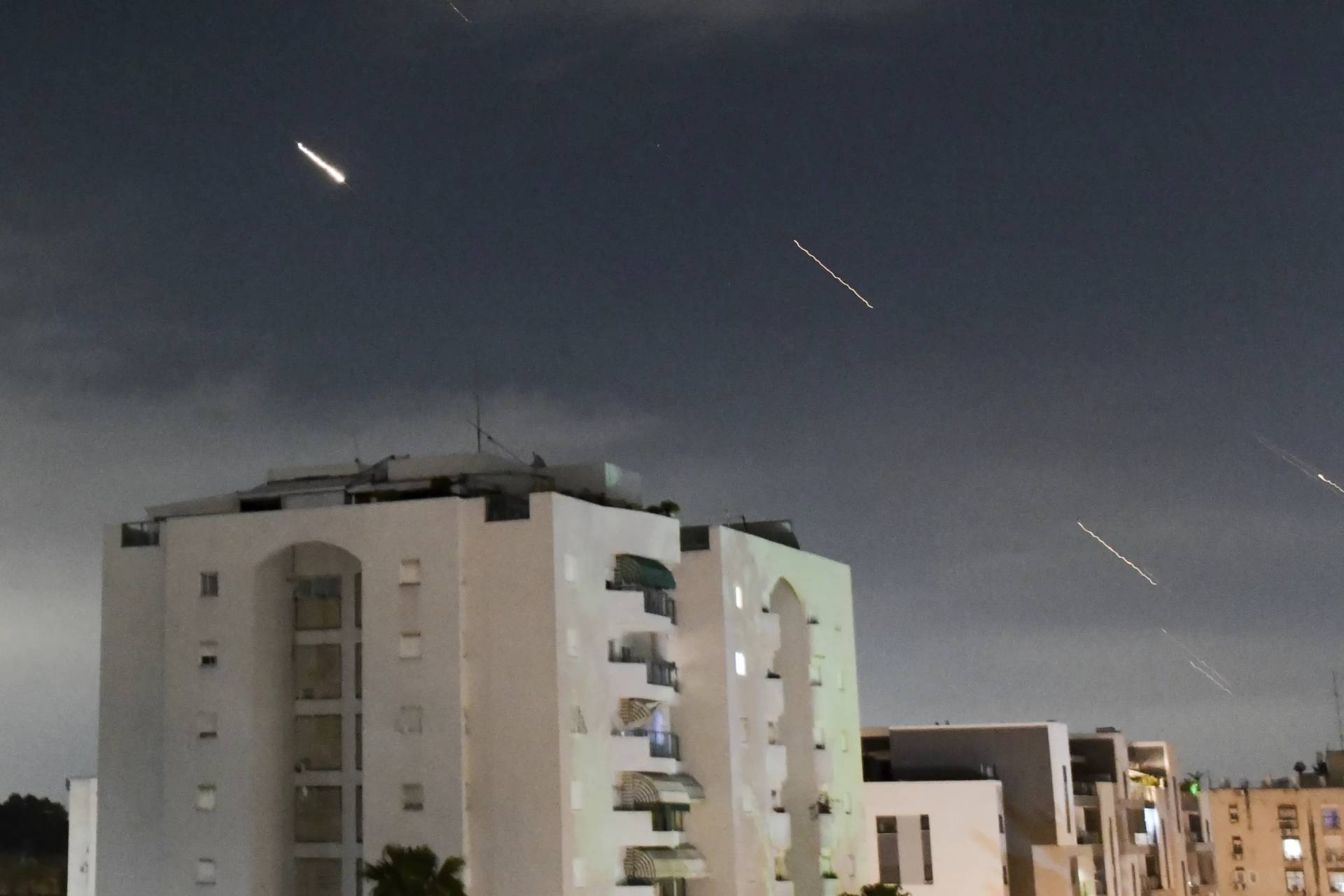[Editor’s Note: This is the fourth in a series of articles by Inés San Martín exploring the state of the Catholic Church on Pope Francis’ home continent of Latin America. The previous can be found here.]
ROSARIO, Argentina – Bishop Eugenio Coter, an Italian who has been a missionary in Bolivia’s Amazon region since 1991, has a great sense of humor: You ask him for a picture of himself, and he sends one in which he is holding a sloth.
Coter has been leading the Apostolic Vicariate of Pando since 2011. It’s a 64,000 square mile region with 260,000 inhabitants, 60,000 of whom live in 450 communities deep within the Amazon rainforest. To go from one community to the other, clergy and religious use small planes, boats, jeeps and motorcycles.
The bishop spends a month a year living on a boat, but he says that is “fortunate,” since during most pastoral visits, he ends up staying in a tent or someone’s shed.
Poverty, crime and COVID
The primary source of income for the inhabitants of this region come from the jungle, with almonds, plantains, acai and other fruits being the main products.

However, Coter says there are other “industries” of a more criminal nature, including “the seasonal trafficking in human beings,” a criminal endeavor that spiked in 2020 when thousands of Haitians and Cubans entered the region — they trek from Guyana, walking through Brazil and Bolivia as they head to Chile. The “coyotes” the bishop said, take advantage of the migrant’s desperation. Some of these criminals double as drug traffickers, another illegal industry in the Pando region.
COVID-19 also took its toll in the region’s economy: Over 800 people have died, and their families had to work hard in order to pay off the average cost of their treatment, which the prelate estimated at $500.
A Protestant Catholic Church
The “heavenly” challenges of the region are arguably even bigger and more difficult to address: With only 12 priests – himself included – only 30 Masses are said each weekend. In addition, there are 180 celebrations of the Word of God. Despite their best efforts, there are communities that can go over a year without hearing a Mass.
“If we applied the percentage of priests per square mile that we have in the Vicariate to Vatican City, there should be only half a priest in residence,” Coter told Crux. “The sacraments of Reconciliation and Anointing of the Sick will disappear due to the lack of ordained ministers.”
Hence the hopes he had placed in 2018’s Synod of Bishops meeting on the Amazon region, that many believed would provide concrete answers to this issue.
“There were two very high expectations regarding the synod: At the religious level and at the civil and environmental level,” Coter told Crux.
There are nine countries with territory in the Amazon Basin, often called one of the “lungs” of the world. It is constantly under threat due to human exploitation.
He noted several important environmental ministries came from the meeting, but they don’t address the fact that at least 60,000 of the people in the Vicariate, who live in rural areas, don’t have regular access to the sacraments.

“The sacramental situation was not resolved in the synod,” he said. “The pope didn’t want to assume the risk of fracturing the Church with openings that could have risked its unity. He was more concerned with the unity of the Church than the sacramentality of an answer.”
However, the bishop argued, “every theological study tells us that there is no Church without the Eucharist. The fact that it is not available makes us become a Protestant Catholic Church, because we lack the Eucharist and the other sacraments.”
A partial response, thanks to the pandemic
“The pandemic has led Pope Francis to indicate that during this extraordinary time, confession is not only through the ministry of a priest, but people can ask God for forgiveness in front of a crucifix,” he said. “My pastoral team has promoted penitential celebrations without a priest, where people ask God for forgiveness.”
Coter acknowledges that even though this is not a “doctrinal definition,” Francis indication is close to a “communitarian sacramental confession. The Church is answering to this need through this celebration.”
When it comes to the Eucharist, however, “the answer is pending,” he said. “There was a strong debate in the Synod about the role these sacraments have on the salvation of souls. And there was no answer to it.”
However, the pope did ask the bishops of the Amazon to work on an “Amazonian rite.” Coter is leading the 15-person commission that is working on this. During 2021, the commission met five times online, studying the history of the rites of the Church and reflected on the meaning of ministry. In addition, with the help of a group of anthropologists, they studied the cultural issues that should be part of an Amazonian rite.

“We identified that we will probably work in a common matrix, but that it will be differentiated according to the different cultures of the Amazon, which are 250,” Coter said. “We must reach the Amazonian rite through a culture in which everyone feels identified, but allowing that at the level of ecclesiastical provinces elements of local culture are incorporated.”
“The Pope asks us to use the Amazonian rite as a way to work towards a response that goes beyond the debate of married or unmarried priests,” he said. “But we must continue to think, because it is a pending issue.”
The work of the commission, he anticipated, will take at least another two years.
“There aren’t many visible signs yet, but over 100 people are working on giving concrete answers to many of the questions raised by the Synod,” Coter said.
Solutions to the three Sacramental problems
Coter also reflected on the fact that, in the Amazon, there is a “plurality” of ministries, with a pastoral animator, a catechist, the “resantes” who say the prayer of the faithful, those who work in the ministry of welcoming, setting up the space, more often than not, under a tree (but never in a private residence), and those who bring something to be shared afterwards.
“As part of our pastoral plan, we have prepared people so that they can become extraordinary ministers of the Eucharist, so that they will bring it to the communities that are no more than two hours away from the parish,” he explained. Something they have worked hard on is making it clear that, despite the presence of the consecrated host, the Celebration of the Word is not a Mass.
When it comes to the Sacrament of Reconciliation, Coter said, he believes the solution within the frame of the Amazonian reality, is the communal celebration of penance. In this regard, he believes Francis has taken a “very small yet fundamental” step: The recognition of the ministries of catechist, lector, and acolyte.
“These three recognized and celebrated ministries of the laity, in the absence of the priest or deacon, make for a real presence of the Church,” Coter said. “The Church, theologically, is the fundamental sacrament of salvation: The action of the Church as sacrament.”
Regarding the Anointing of the Sick, the bishop argued, there is a need to continue working because, “if we do not do something, it will be forgotten that it exists in the ecclesial tradition.”
“We risk that, if we do not reactivate its importance in the spiritual life, the first sacrament to disappear will be the one that accompanies suffering as an experience of Christian human maturity,” he said.
Regarding the Eucharist, he identified two elements: The pope’s concern about generating division in the Church and creating a localized response to the extraordinary situation that is being experienced in the Amazon.
“We have to move forward, and we should not be afraid to move forward,” he said. “Without rushing, without trying to universalize it as an answer.”
“Let’s hope that at the local level, in the Amazon, it can soon be concretized, with an attentive vision of the universal Church in the face of the fact that there is a specific region that is deprived of the Eucharist,” he said.
“It is interesting that COVID has brought this situation to the European and American Church, which has closed the churches forcing the virtual celebration of the Mass,” Coter said.
“People have realized that they were missing the Eucharist as a community to be celebrated. I laughed, because this is for us the usual reality. It is good that COVID has caused this so that others understand that when we say that there is a need to celebrate the Eucharist, it is not only a theological issue, but a sacramental and experiential issue of being Church,” the bishop said.
“We need the Eucharist to be truly Church, a community gathered in the memorial of Jesus.”
Follow Inés San Martín on Twitter: @inesanma







